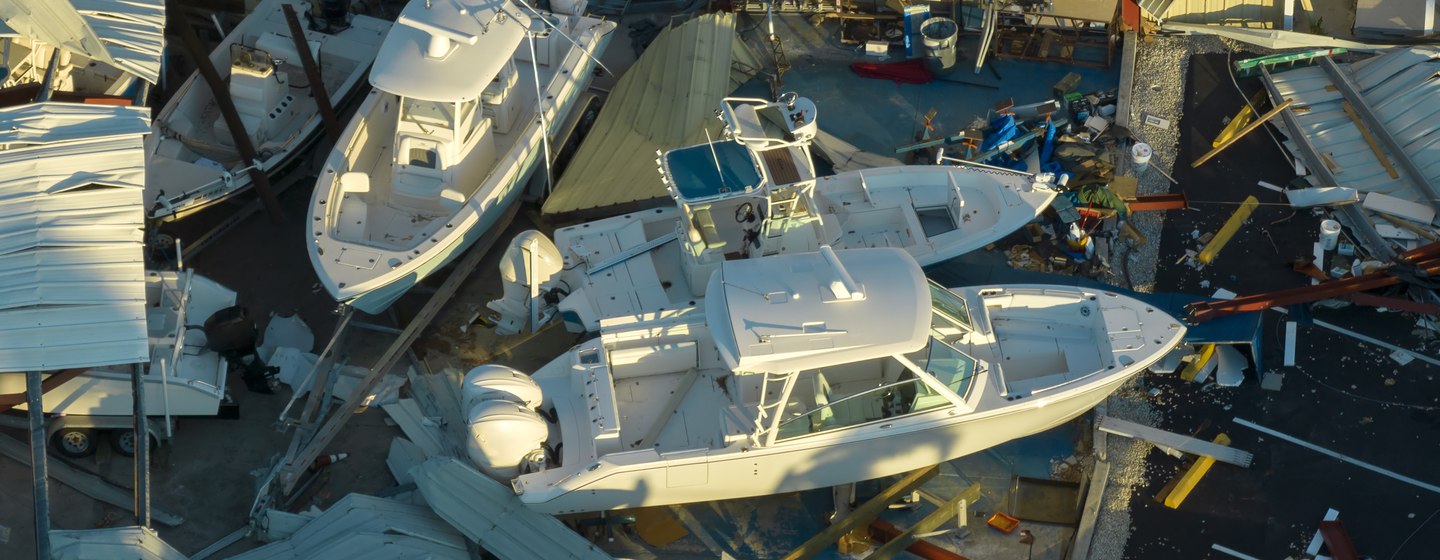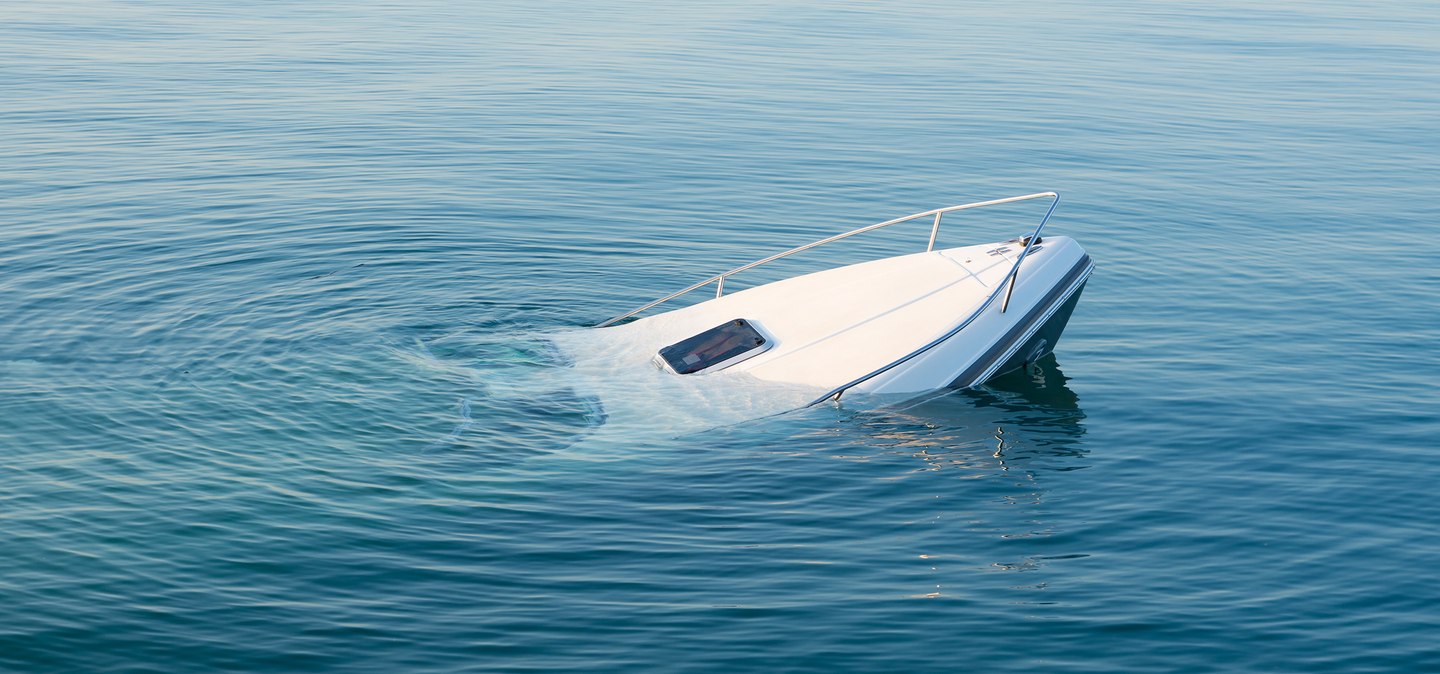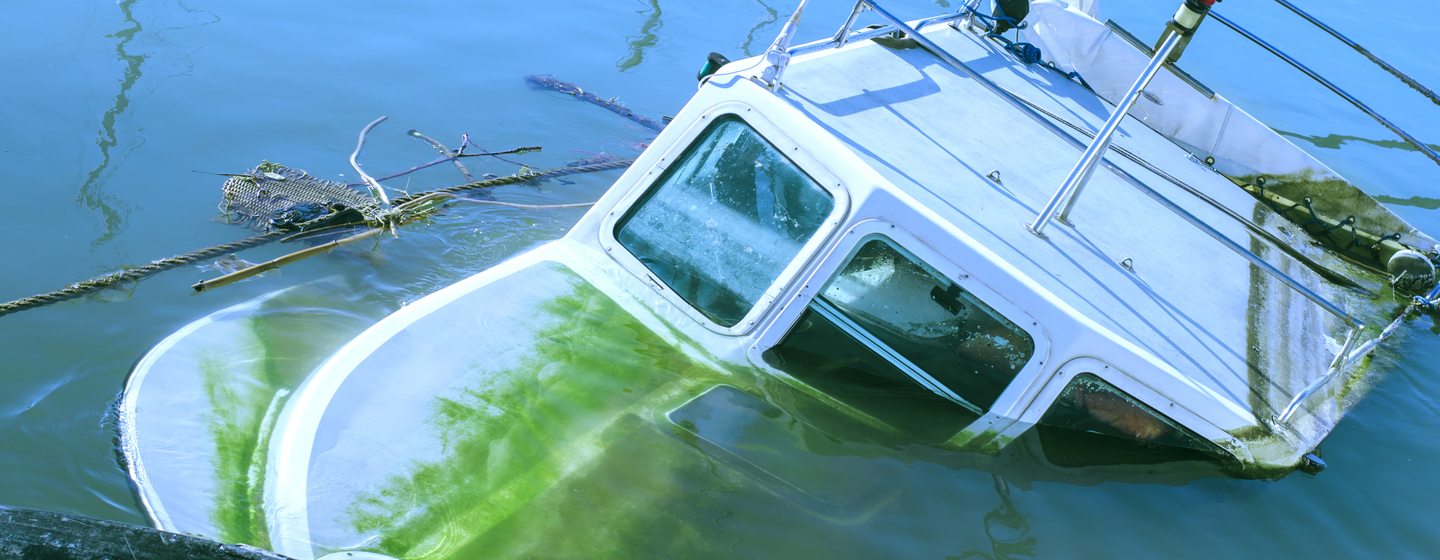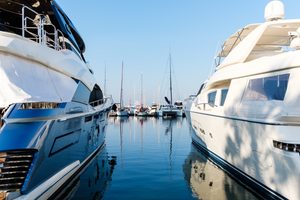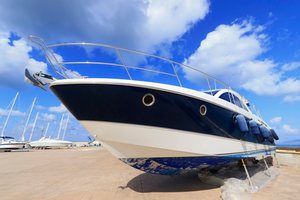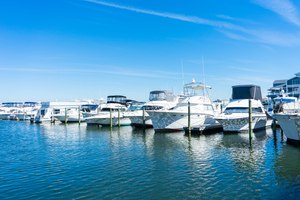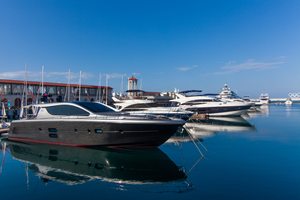Premiums are influenced by factors like the yacht's value, location, intended use, and the experience of the person in command.
Yacht insurance safeguards your investment and provides financial protection against accidents, damages, or unexpected events at sea or in the harbor.
While many marinas and territorial waters mandate insurance, some countries don't have requirements. However, in today's litigious society, securing at least third-party insurance is prudent. It's often necessary for marina docking and protects your financial interests.
Considering the risks and liabilities in yachting, appropriate insurance coverage is a practical and responsible choice for any yacht owner, regardless of local regulations.
In this article:
Ensuring Coverage
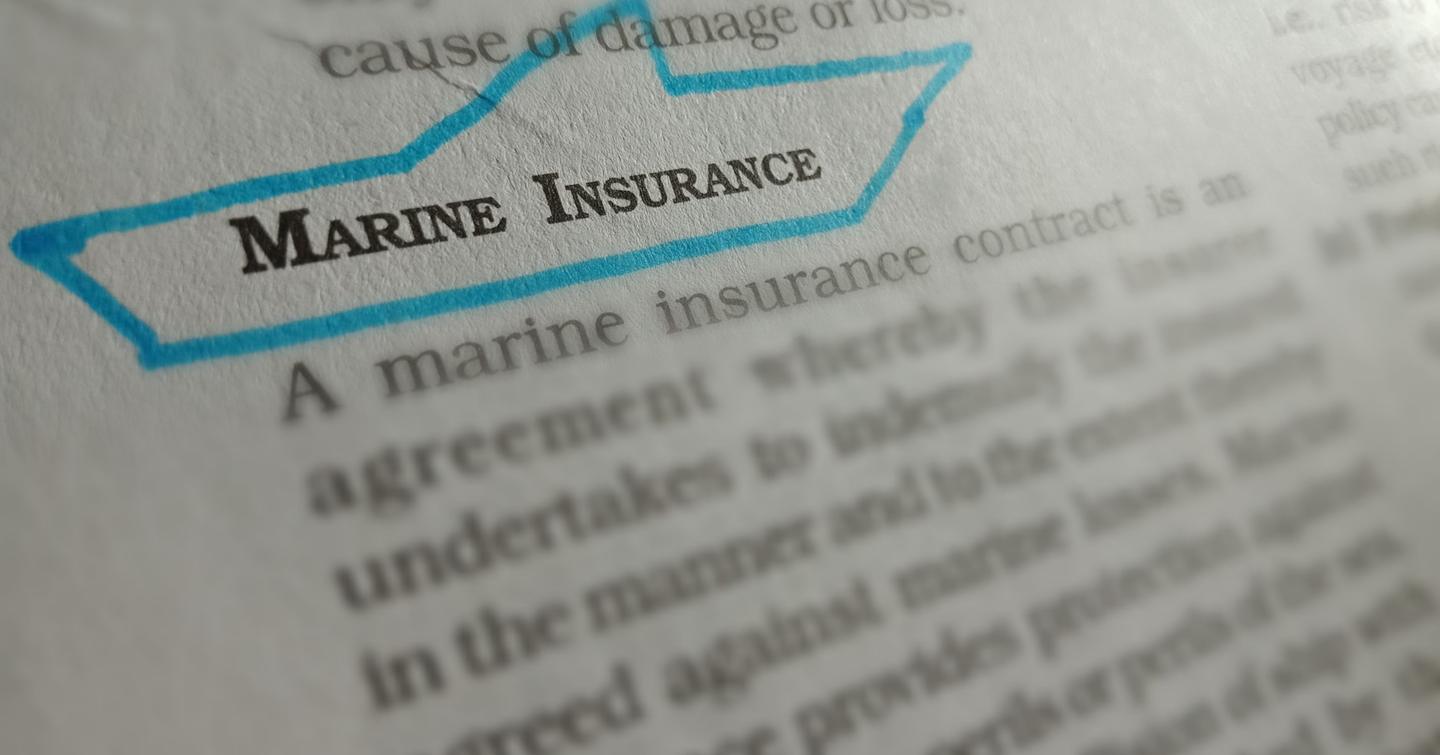
Purchasing a yacht typically involves months of careful consideration, yet many spend little time researching insurance, despite its potential value exceeding the yacht.
In a worst-case scenario, insurance may need to cover not only the yacht's replacement but also its equipment and all belongings on board.
Invest time in thorough research when buying insurance. Neglecting this step could result in a costly lesson learned the hard way. Protecting your investment and peace of mind starts with making informed decisions about insurance coverage.
Yacht insurance can be categorized into two main types: 'all risks' and 'third-party'. Similar to car insurance, third-party coverage protects you against damage you might cause to someone else's yacht or other individuals. However, it's important to note that third-party coverage does not protect your own boat from damage. It serves as the bare minimum insurance you should have in place, especially if you lack the resources to cover potential mistakes or accidents on your yacht.
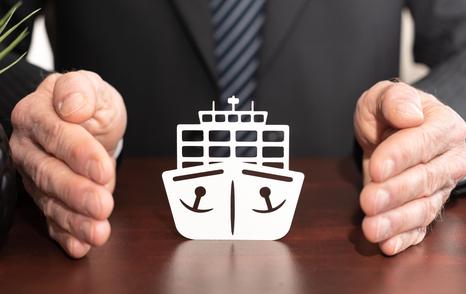

The term 'all risks' might imply comprehensive coverage, but it's important to recognize that different insurance companies have varying definitions of what falls under "all" risks. Insurance policies are highly customizable, allowing yacht owners to tailor coverage to their specific needs and preferences.
When selecting an "all risks" policy, work closely with an experienced marine insurance specialist. They can help you understand the specifics of what is covered, what isn't, and any limitations or exclusions in the policy. This way, you can make informed choices about your coverage, ensuring it aligns with your yacht's unique circumstances and your risk tolerance.
Customizing your policy helps strike the right balance between comprehensive protection and affordability, ultimately giving you peace of mind while navigating the seas.
We owe it to ourselves to do proper research when purchasing insurance. Not doing so could be an expensive lesson."
- Hull insurance: protecting against damage to the yacht itself, including accidents, storms, grounding, and other physical damage.
- Liability insurance: for third-party bodily injury and property damage caused by the yacht or its crew.
- Crew insurance: covering medical expenses, disability, and other related costs in case of injuries or accidents while working on the yacht.
- P&I (Protection and Indemnity) insurance: providing broader liability coverage, including legal defense costs, pollution liability, and more.
- Charter liability insurance: ensuring specific liability coverage to protect against claims arising from charter activities.
- Loss of income insurance: a policy that can compensate for lost income if the yacht is unable to charter due to damage or repairs.
- Personal property insurance: protecting personal belongings on the yacht, such as electronics, clothing, and other valuables.
- Uninsured/underinsured boater coverage: protecting you if you're involved in an accident with an uninsured or underinsured boater.
Who Can Get Insurance?
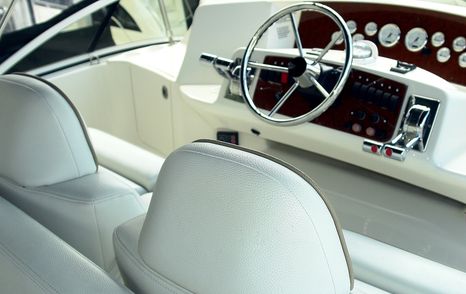
For owner-operated yachts, insurance companies require proven experience or relevant qualifications. More experience generally leads to lower premiums as it's seen as reducing risk. Sailing experience is valued by insurers due to its complexity compared to motor yachts.
Owners with no experience will find higher premiums due to increased risk. In essence, the more experience and qualifications you have, the more favorable terms and lower premiums you can expect, making it a prudent investment in safety and savings.
Premiums for qualified captains are far easier to obtain. See the crew insurance section below.
What Value Is Being Covered?
When considering yacht insurance, one aspect is whether your policy covers your vessel at an 'agreed value' or 'market value'. In the unfortunate event of a total loss, the distinction between these two approaches becomes critical.
Market Value
This coverage pays out based on the yacht's market value at the time of the loss. For example, if the yacht's market value is USD $500,000, that is the amount you would receive, even if you recently invested USD $30,000 in new engines and USD $10,000 in electronics.
Agreed Value
With this coverage, you and the insurer agree on a specific value for your yacht, which often accounts for recent upgrades or investments. For instance, if you've increased the market value to €90,000 due to significant upgrades, the agreed value policy would reimburse you accordingly in the event of a total loss.
While policies with agreed value coverage typically result in higher premiums, they protect your investment by ensuring that recent upgrades and investments are not lost in the event of a total loss.
It's a valuable choice for yacht owners looking to safeguard their financial commitment to their vessel.
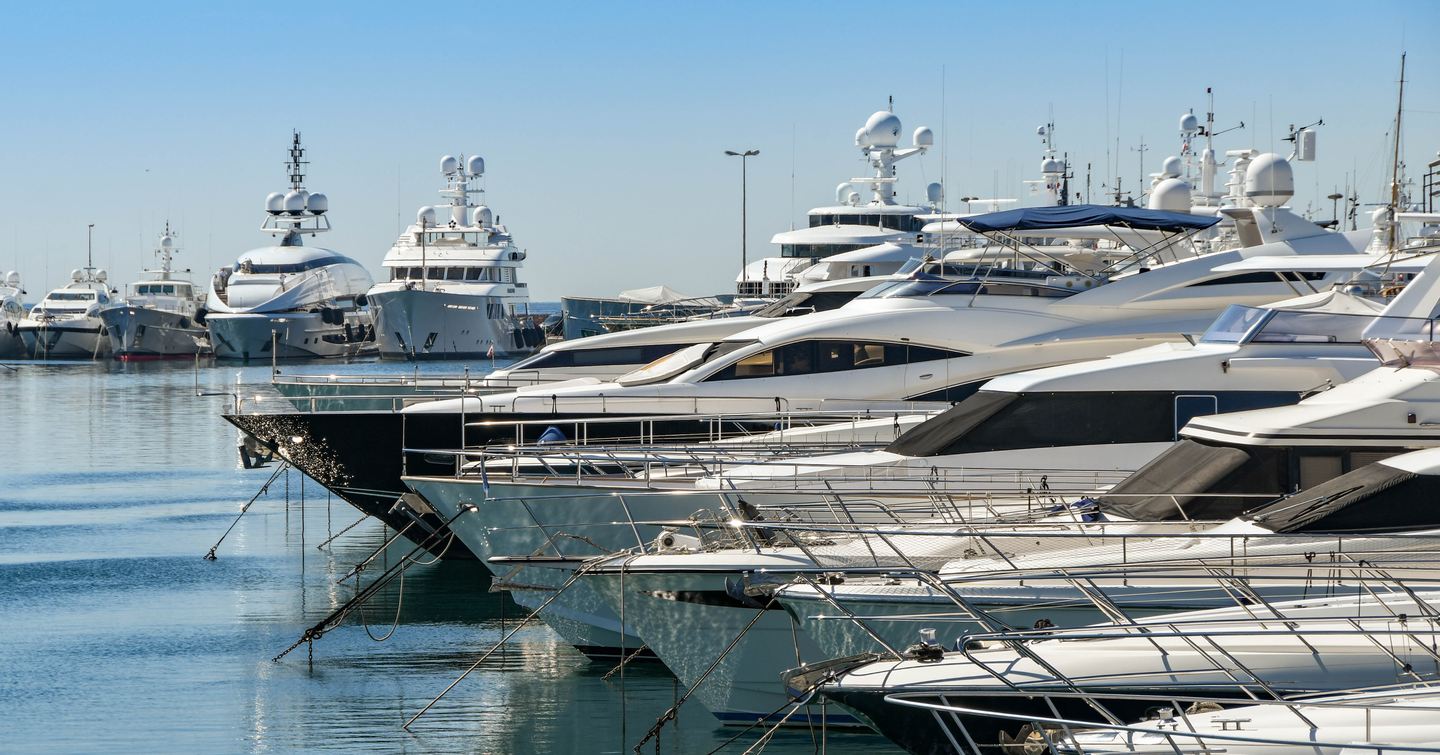
When insuring used yachts, especially those older than a couple of years, most insurers will require an insurance survey. This survey serves multiple purposes, including valuing your boat and verifying its seaworthiness and safety.
While the survey is an expense for you, and may even identify needed repairs or improvements, it provides the benefit of having an experienced expert assess your vessel. In some cases, the survey might reveal time-critical issues, and the insurer could impose endorsements on the policy until they are addressed. In extreme cases, if significant safety concerns are uncovered, the insurer might decline to provide coverage.
Insuring The Yacht And Equipment
Marine insurance encompasses numerous aspects, mirroring the various elements that require coverage. The term "hull and fittings" encompasses not just the hull itself but everything attached to it, including carpets, structure, and machinery. Typically, marine insurance policies do not cover wear and tear, but this changes with superyacht policies, where wear and tear may be covered. Importantly, while wear and tear are often excluded, damage resulting from a specific incident or consequential damage may be covered.
For example, if your gearbox fails due to old age, many policies won't cover the repair or replacement. However, if the gearbox failure results from an incident like your propeller getting entangled in a fishing net, leading to damage, your insurance would likely cover the associated costs.
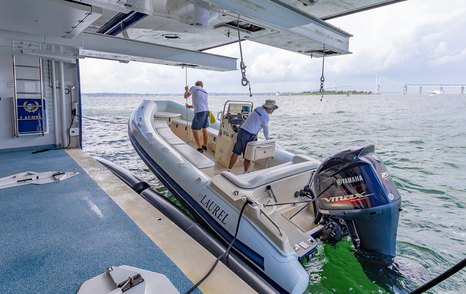
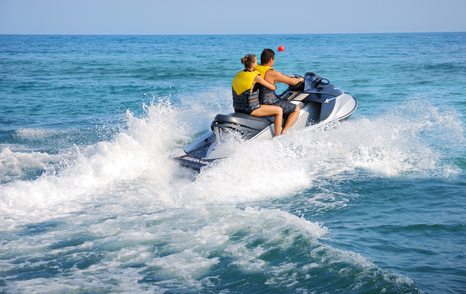
Beyond the yacht itself, there are various additional items to consider when assessing your insurance needs, including:
- Personal watercraft (PWCs): If you have personal watercraft on board these should be included in your coverage and may be subject to separate policies.
- As above, tenders may need to be individually itemized or with a separate policy.
- Coverage for outboard motors is important as they can be valuable and susceptible to damage or theft.
Moreover, it's essential to assign a value to personal effects on board your yacht that could be lost or stolen. This figure should encompass items like jewelry or works of art that may not be covered by your household or specialized insurance policies. Adequate coverage for these items ensures you have comprehensive protection for your yacht and its contents.
Crew and Medical Insurance
Crew liability insurance is a crucial component of yacht insurance, offering protection in case crew members face legal claims related to their work on the yacht. It covers legal expenses and potential settlements.
Medical cover for crew members ensures they receive prompt medical attention in the event of illness or injury while on duty. It's a fundamental aspect of crew welfare, providing peace of mind and promoting their well-being while at sea.
Is Theft Covered?
The theft of an entire yacht may be rare, but it's not impossible. More commonly, theft occurs from a yacht, including items like tenders, outboards, and even onboard equipment through forced entry. When reviewing your insurance policy, it's essential to consider:
-
Damage by thieves
Check if your policy covers repairs for damages caused by thieves, such as forced entry or damage during theft attempts.
-
Personal possessions and equipment
Ensure that your policy provides adequate coverage for the personal possessions of you, your guests, and your crew, in addition to equipment on board.
Additionally, ask how your policy handles reimbursement in case of theft. Does it offer "new for old" replacement, or does it consider the age of the stolen items for a "like-for-like" replacement? These details can significantly impact your coverage and what you can expect in the event of theft.
Accidents And Accidental Damage
Look to see what is covered by accidental damage. Collisions when entering and leaving marinas make up a large percentage of motorboat claims.
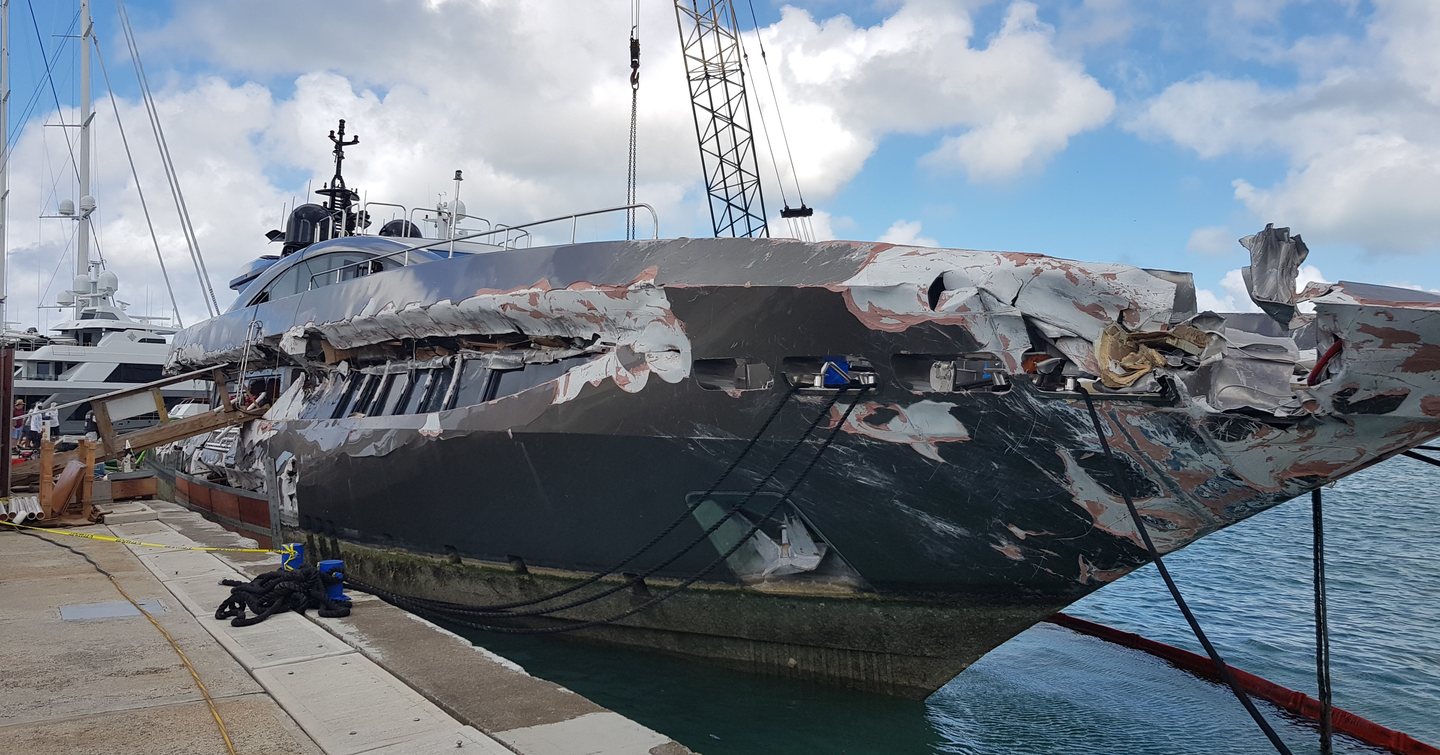
Many claims arise from collisions during marina entries and exits, making it a significant consideration. It's essential to note that even the least experienced person on board would typically be covered if they were driving at the time of the incident. However, if you, as the owner, were not on board, the skipper responsible for the vessel during the incident would need to be appropriately qualified.
It's worth emphasizing that the consequences of navigation errors can be severe, potentially resulting in the loss of the yacht, endangering lives, and leading to significant costs and compensation claims if negligence is proven.
Some policies offer additional coverage for specific incidents, such as mis-fueling or loss of keys, which can save you from substantial expenses.
It's vital to understand that insurance isn't a carte blanche for reckless boating. Neglecting safety concerns, like a damaged shore power cable despite warnings, can jeopardize coverage. In such cases, if your negligence leads to incidents that affect other boats, their insurers may pursue claims against you.
Responsible and safe boating practices remain essential, even with insurance in place.
What Are The Policy Excesses?
The excess is the amount you're responsible for paying in the event of a claim, deducted from the reimbursement provided by your insurance company. While you can lower your premium by increasing your excess, it's important to remember that insurance serves as a safety net for unexpected events.
Many insurance companies offer a waiver of the excess for claims or losses that occur while your vessel is securely berthed in its designated marina berth. This waiver typically applies to scenarios like theft or accidents where someone crashes into your boat, as long as it's in the agreed-upon berth.
There are circumstances that would increase the excess, for example, if you intend to operate the boat singlehanded.
Ignorance is not bliss if you fail to understand the terms and conditions related to the excess in your policy.
What Can Affect The Premium?
There are many variables. Some are under your control like your own boating experience or securing an advanced qualification. Others you can’t like the insurance market taking a big hit following a Caribbean hurricane.
You might think ‘what does Hurricane Irma have to do with my premium?’ When something as catastrophic as hurricane damage comes along, it affects the value of the insurance industry as a whole, so everyone’s premiums are affected.
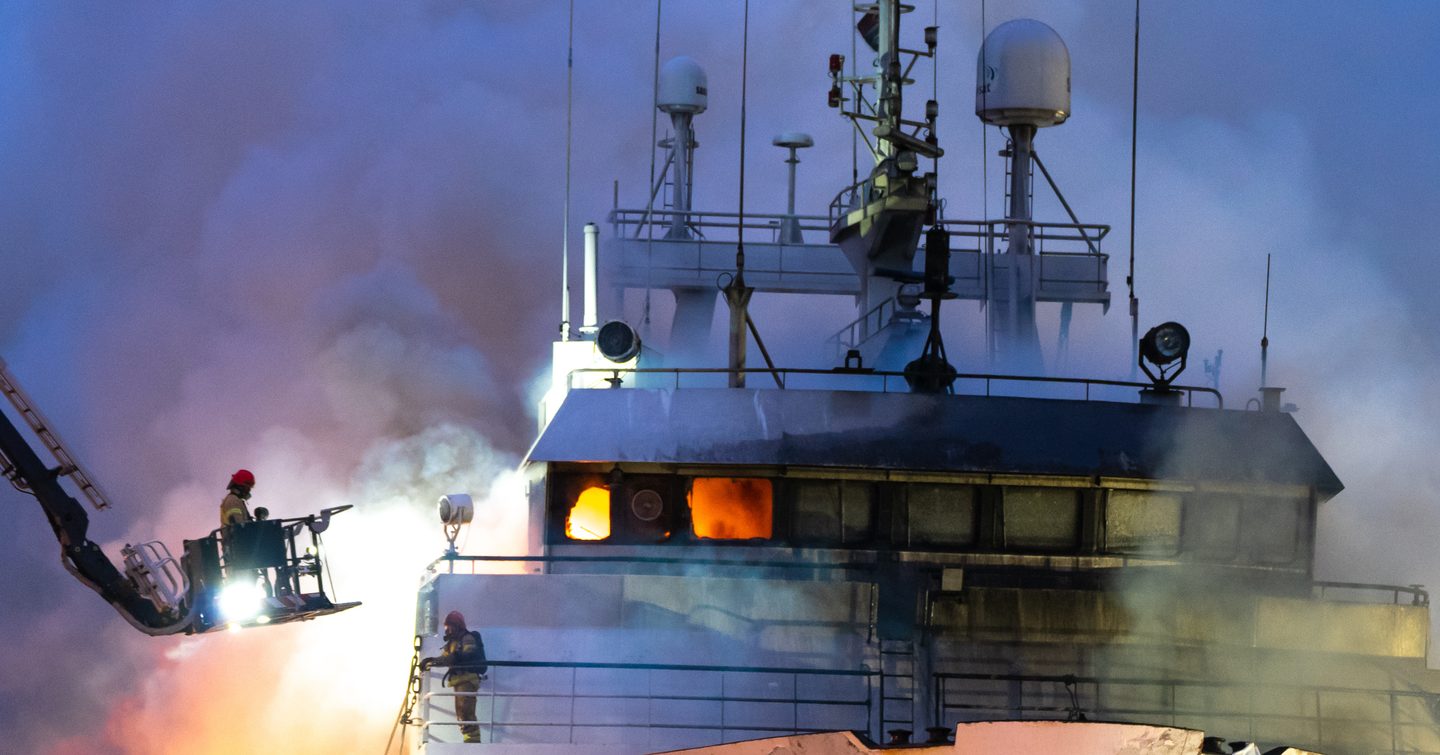
Reducing yacht insurance premiums can be achieved through various strategies, including adding safety and security measures. Here are some ways to potentially lower your yacht insurance costs:
- Safety equipment: equip your yacht with advanced safety features and equipment, such as fire suppression systems, and updated navigation and communication systems.
- Security measures: implement security measures like high-quality locks, alarms, and motion sensors. Consider installing tracking devices, which can help in locating and recovering the yacht in case of theft.
- Safe mooring: berth your yacht in a secure and reputable marina, ideally with 24/7 security.
- Boating courses: complete boating safety courses and obtain relevant certifications.
- Higher deductibles: consider increasing your policy's deductible (the amount you pay in case of a claim).
- Regular maintenance: keep your yacht in good condition through regular maintenance. Well-maintained vessels are often viewed as lower risk by insurers.
- Shop around: periodically compare insurance quotes from different providers to ensure you're getting the best rate for your coverage needs.
- Experienced crew: if you have crew members, ensure they are experienced and well-trained, as this can positively impact your premium.
Remember that the availability and impact of these measures can vary among insurance providers. It's essential to discuss potential premium reductions with your insurer and explore which strategies are most suitable for your specific circumstances.
What Happens If I Need To Make A Claim?
Contact your insurer promptly: most insurers have dedicated claim lines, and some offer 24/7 emergency claim lines. It's crucial to get in touch with your insurer as soon as practically possible after any accident or incident.
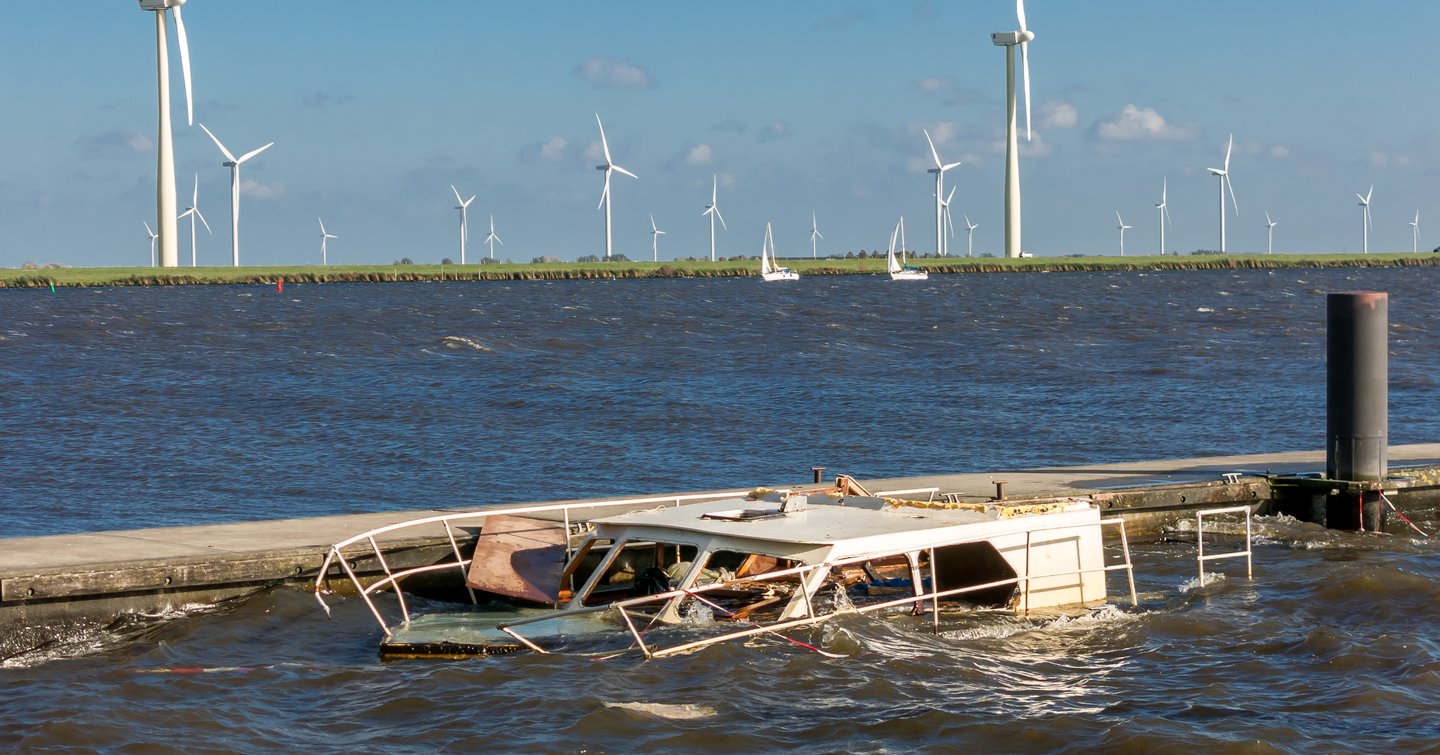
Responsibility as the skipper or owner: even if you have all-risks insurance, you should not relinquish your responsibility as the yacht owner or skipper in the event of an incident. Take immediate action to minimize losses and save the yacht, treating it as if it weren't insured.
Document the damage: in case of damage, take numerous photos to thoroughly document the extent of the damage to your yacht and any other vessels involved. Visual evidence can be invaluable during the claims process.
After notifying your insurer, they will guide you through the claims process and provide you with a claim form. If your yacht has sustained damage, they may request two or three repair quotes or send a surveyor to assess the extent of the damage.
In the event of a collision with another vessel, each yacht's insurer will assume responsibility for repairing the vessel it covers. Behind the scenes, insurers will determine the percentage of blame for each boat owner and reach an agreement on how to distribute the overall repair costs.
Proactive communication with your insurer, thorough documentation, and cooperation during the claims process are essential steps to ensure a smooth resolution in the event of an incident involving your yacht.
